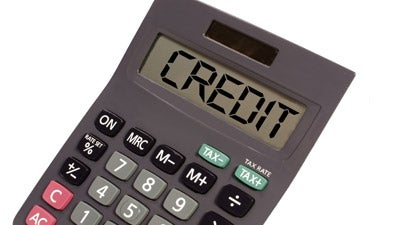Home > Finance > Tax and Accounting >
R&D Tax Credit Can Now Be Claimed on Amended Returns
By: 1800Accountant

With so many rules and regulations in the small business landscape, entrepreneurs across the nation are rejoicing over some much welcome news from the IRS and the U.S. Treasury Department that could help save them a ton of money.
This month, the government announced that small business owners are now eligible to claim the research and development (R&D) alternative simplified tax credit on their amended tax returns they file with the IRS. The previous rules only allowed businesses to claim this money-saving credit on their original tax returns filed each year. Since many established companies often did more research and development work in their startup years, they may now be able to get a credit by filing amended returns for the tax years in which they incurred R&D costs.
Why This is Good News
This change to the federal tax code will automatically put more money back into the bank accounts of financially-strapped entrepreneurs who are seeking some much-deserved tax relief by being able to claim this credit for the costs of conducting research and developing products. With this extra money, small business owners will be able to expand their companies more easily to do further R&D, hire employees, and give their customers the service they deserve thanks to increased financial flexibility. In the end, more aspiring entrepreneurs may be willing to take the plunge into business ownership knowing that they’ll have some extra tax relief from the IRS.
Qualifications for the R&D Tax Credit
For various reasons, many small and medium businesses automatically assume they don’t qualify for the R&D tax credit. One of the primary reasons is that small business owners are not clear on the costs that fall under this category. In general, the following costs fall under the R&D umbrella:
- Wages paid to employees or contractors who conduct research and development for a business
- Data recording,
- The building of prototypes
- Performance of testing or test trials
- Supplies, including tangible items required for research and development
- Basic fundamental research that tests theories or hypotheses related to what a company plans to sell
This article was originally published by 1800 Accountant
Published: June 24, 2014
2179 Views
2179 Views












